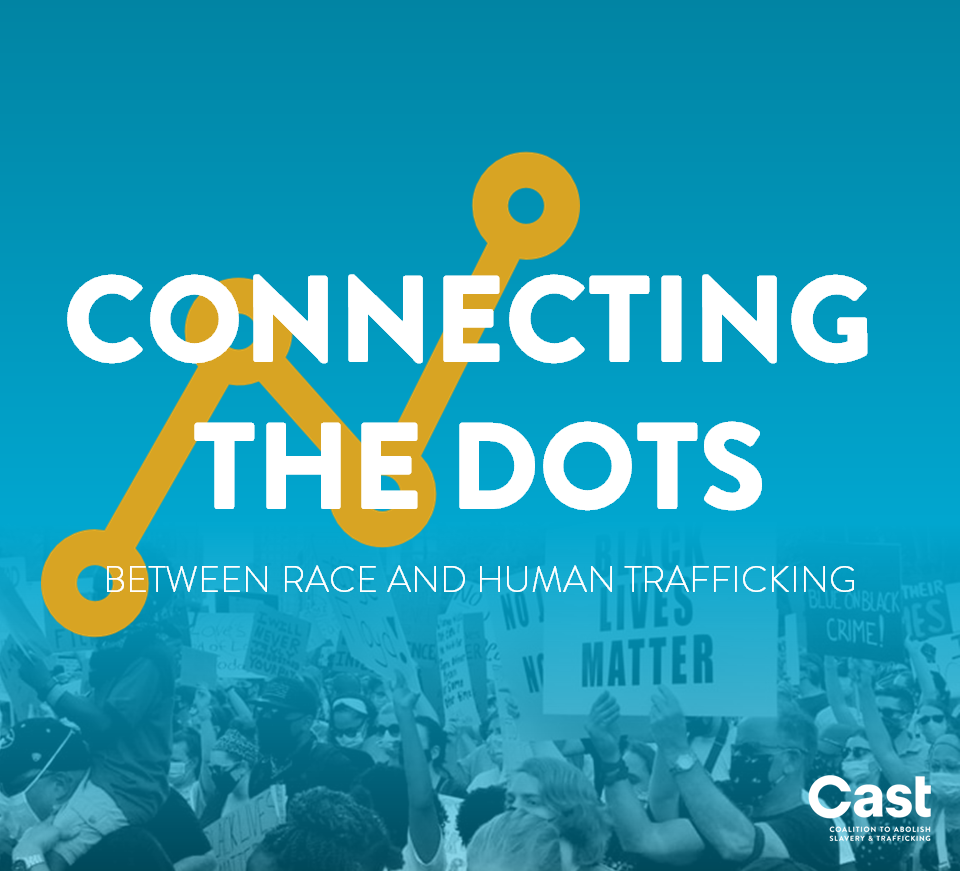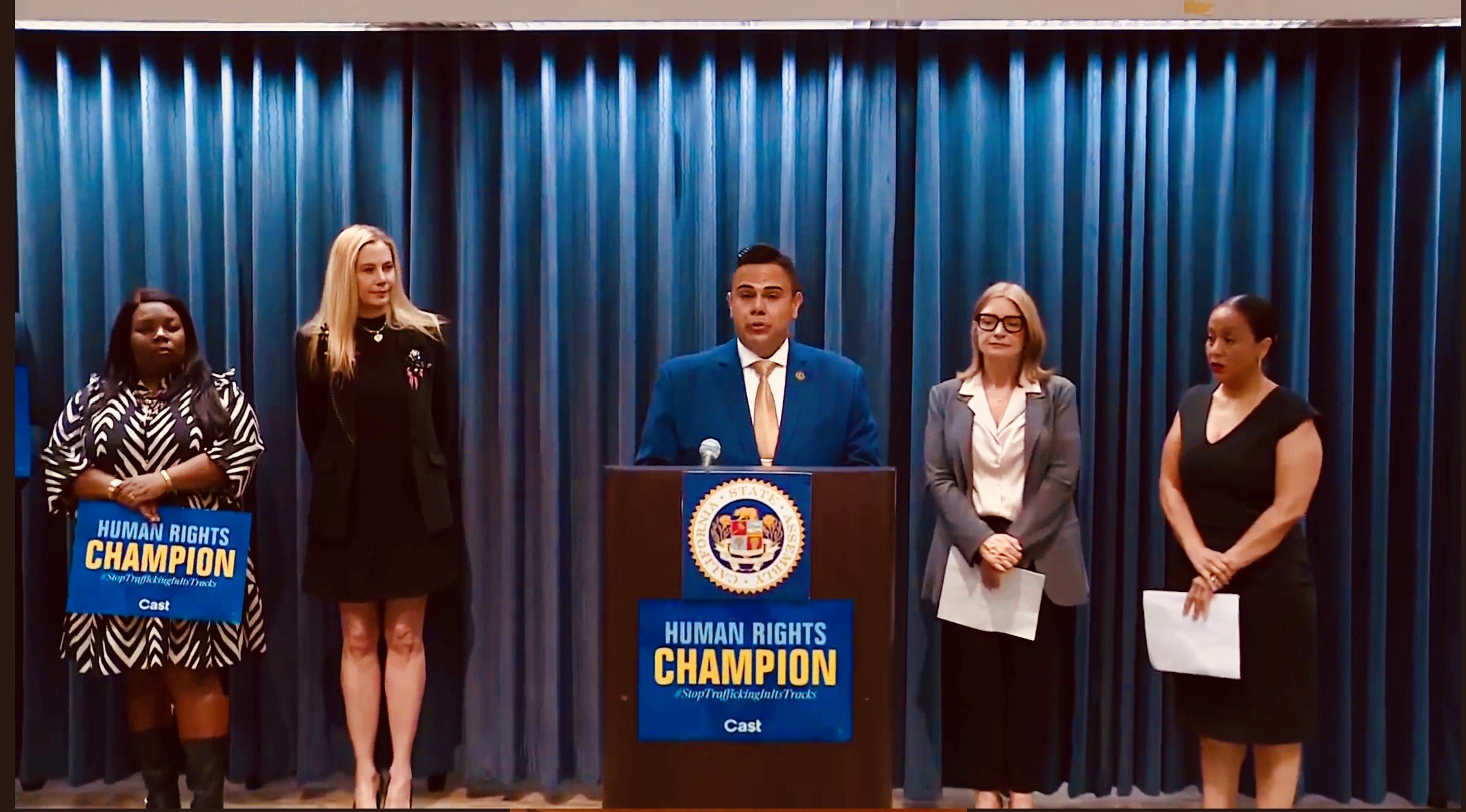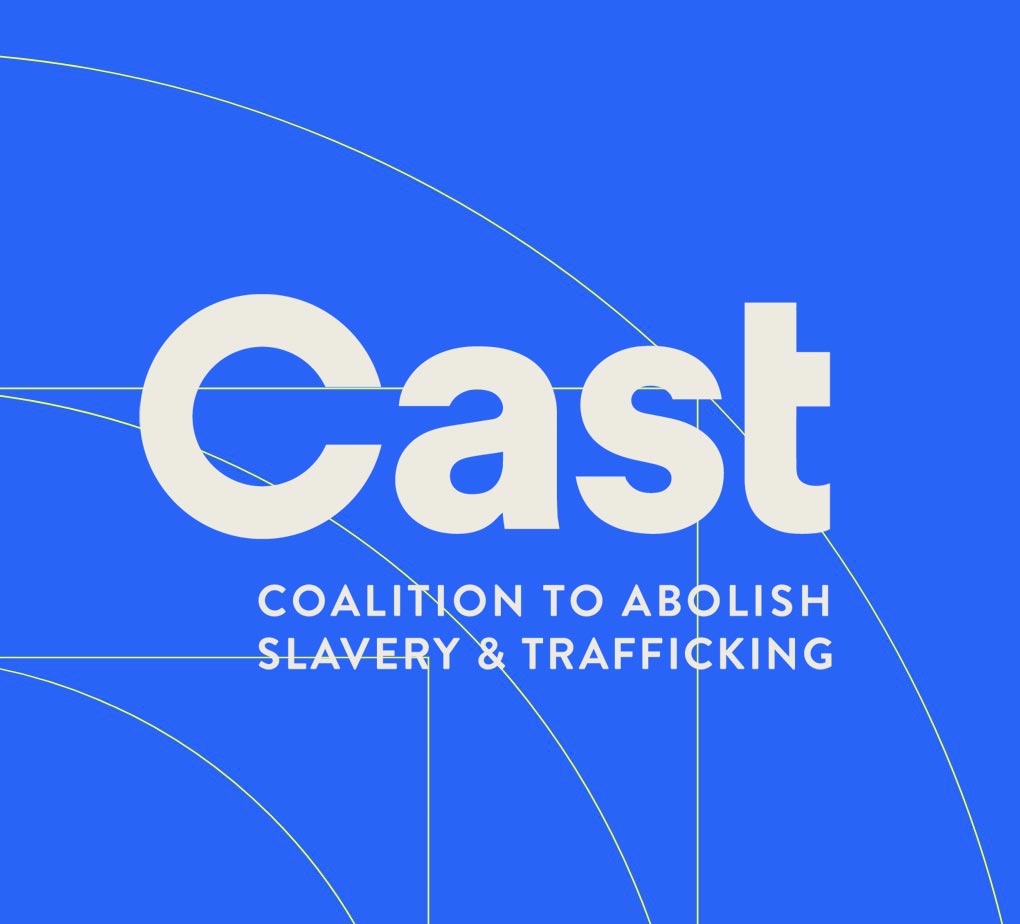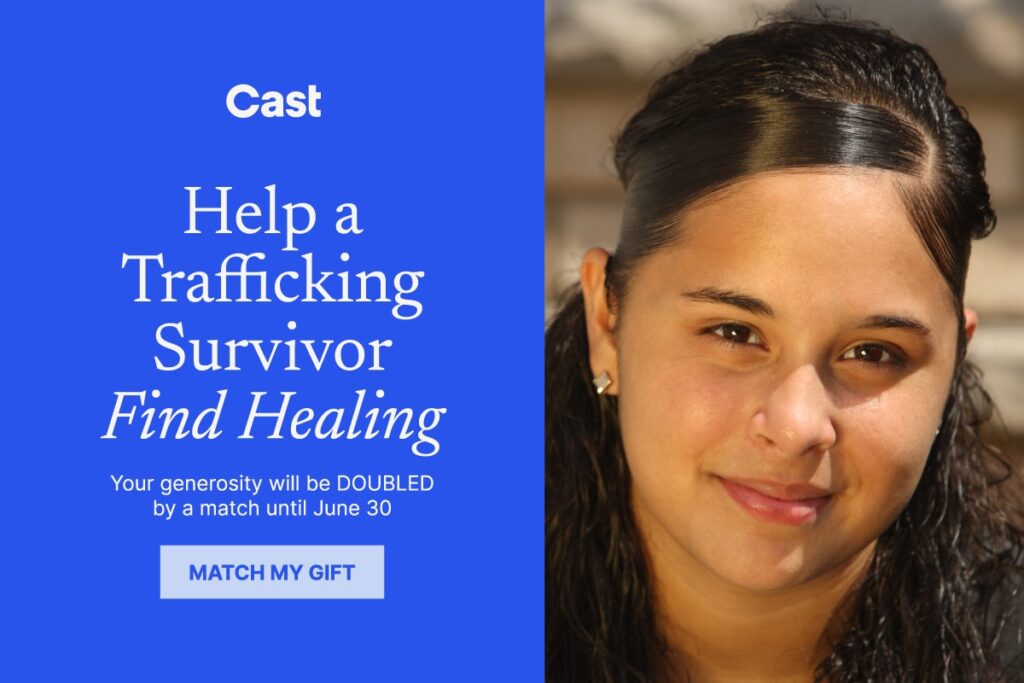The connection between race and human trafficking
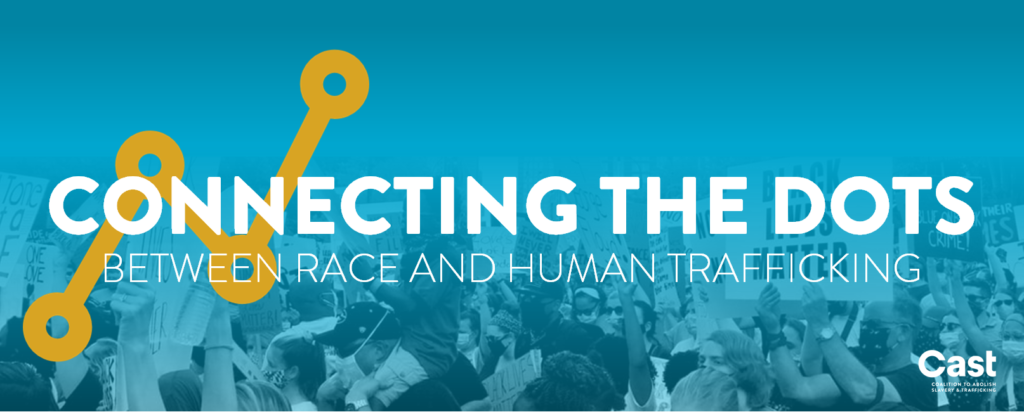
The systemic racism occurring in our country and around the world has resurfaced a conversation about racial inequality that is long overdue. As a human rights organization serving Los Angeles, understanding the connection between human trafficking and racial injustice is critical to Cast’s mission.
“It was not until I tried to escape my trafficker that I realized how present racism is in our communities. I was denied help and support from the authorities and various service organizations because I was Black – until I found Cast. I had a record that took Cast months to expunge because the legal system labeled me as a criminal,” says human trafficking survivor, Lyresh.
Historic racial oppression and inequality have forced Black communities and several marginalized groups into extreme poverty, with limited access to opportunities and resources. As they face a wide range of institutional obstacles, Black Americans are vulnerable to extreme exploitation and human trafficking. The racial injustice that fuels human trafficking is reflected in the population Cast serves. Over 50% of Cast domestic clients are Black Americans, and they make up 90% of the women in our emergency shelter program.
The frequent faces of human trafficking in America also reflect the faces of mass incarceration, criminalization, and police brutality. Black American human trafficking victims continue to be arrested for crimes their traffickers force them to commit. Human trafficking victims are arrested seven times more frequently for activity directly related to their trafficking than for other criminal activities. At Cast, 38% of all clients who have been unjustly criminalized are Black.
Human trafficking continues to be a critical threat to Black communities. As leaders advancing a social justice agenda, understanding how these disparities disproportionality impact these communities is essential to ending human trafficking.
“It is all of our responsibility to speak loud against systemic racism and the injustice that continues to infiltrate Black communities. As a human rights organization, justice is not served for trafficking survivors without calling out racism and taking action,” says CEO of Cast, Kay Buck.
